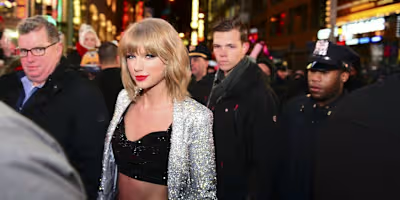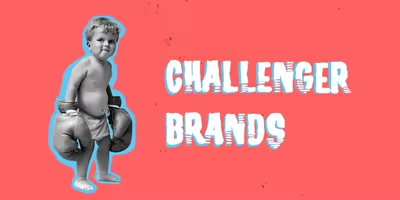How To Achieve Successful Strategic Partnerships

Brand partnerships have reached unprecedented heights with the recent Barbie collaboration. Despite the brand’s six-decade legacy, Barbie sales experienced a challenging period with a continuous 12% decline in the three months leading up to the movie release. However, the movie launch brought a remarkable turnaround. The Barbie movie has officially become this year’s highest-grossing release, raking in over $1.3 billion globally.
To achieve this success, Mattel orchestrated partnerships with more than 165 brands across various industries, investing an estimated $150 million in marketing efforts, while the film production cost $145 million. And this is just the beginning, as we anticipate even more records to be set during back-to-school, Halloween, and the holiday season.
Brand partnerships thrive when executed strategically, considering all the critical elements for success, including risk assessment and meticulous pre-planning. In this article, I’ll guide you through these essential aspects, covering topics such as identifying the right partner, crafting effective partnership strategies, leveraging collaborations for innovation, risk management, developing joint communication strategies, and exploring emerging partnership trends.
Choosing The Right Partner

Choosing the right partner begins by aligning with your strategic goals and desired outcomes. For instance, if you aim to reach a new audience or explore innovation in a different category, consider the M&M’s and Krispy Kreme collaboration. M&M’s excels in leveraging consumer insights for flavor innovations. Their partnership with Krispy Kreme has ventured into an entirely new category with new flavors, showcasing how their brand’s strength can lead to expansion into uncharted territory.
It’s crucial to assess potential partners for their brand alignment and their track record of successful collaborations. Look for partners with a record of delivering value and achieving mutually beneficial objectives. Building strong brand partnerships is about shared goals, innovation, and a commitment to creating something exceptional together.
Effective Partnerships Strategies
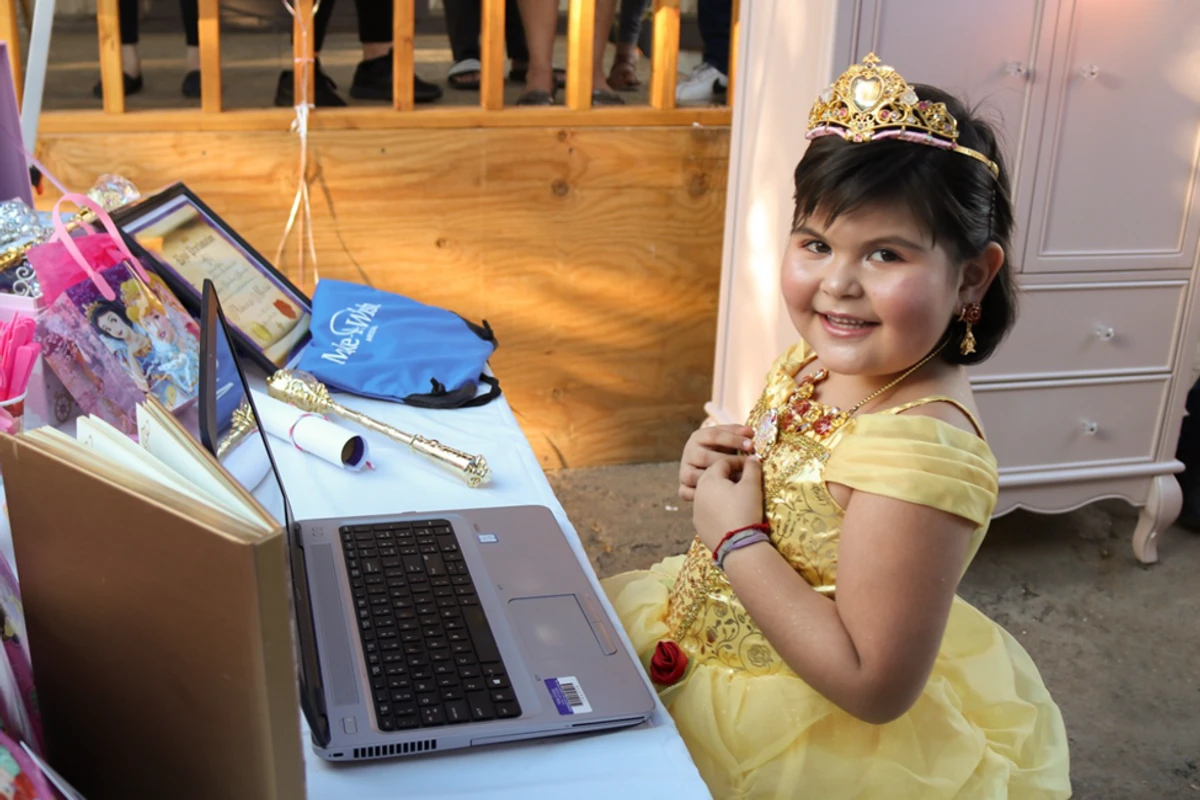
The path to successful brand partnerships lies in forging long-term partnerships rooted in alignment from the beginning. This alignment must extend from the highest echelons, including the CEO level, to every individual within the organization who interacts with the partnership. It’s crucial that everyone understands the decision-making process in both companies, identifying influencers and decision-makers and comprehending the timeline down to the smallest details, all of which fosters trust.
A great approach is where the team managing the partner relationship remains engaged throughout the organization. This helps maintain focus on the partnership and its priorities. This is important when dealing with complex partnerships that span various aspects of both organizations. Regular check-ins at the day-to-day level, occurring at least weekly, if not more frequently, along with quarterly check-ins at the senior level and annual check-ins at the executive/CEO level, help maintain alignment and coordination between two organizations, each with its unique set of priorities and governing boards.
Seek out local, national, or global partners who resonate with your brand’s core values and share your mission. A good example of this is Make-A-Wish and Disney. This partnership goes back to 1980 when the first wish granted was a trip to Disneyland. Now, wishes include visits throughout the Walt Disney organization. This partnership works because they align on their values, giving children happiness through a wish.
Together, craft a collaborative plan that centers on clear objectives. Achieving alignment in messaging is paramount, as clarity in what you intend to communicate can make all the difference. The work invested upfront matters greatly, as it lays the foundation for success, ensuring that both parties derive significant value from the collaboration.
For instance, consider crafting a three-year plan. Year one focuses on executing joint programs, while year two involves refining and developing initiatives. By year three, the partnership matures, providing a clear trajectory for both organizations. Initiating a successful venture early in the partnership can be a powerful demonstration of the collaboration’s potential.
Leveraging Partnerships For Innovation
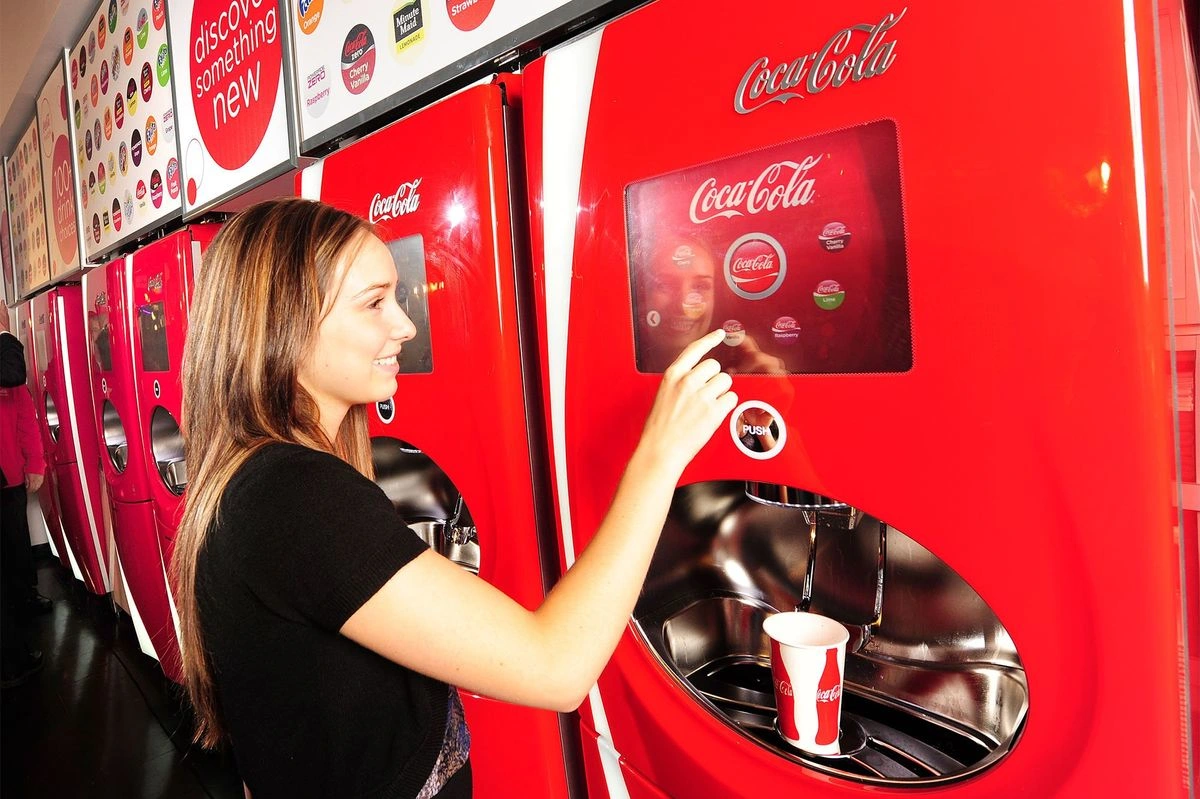
Leveraging partnerships to drive innovation is a strategic approach that can catapult organizations to new heights. By joining forces, businesses access fresh perspectives, expertise, and resources that can fuel creative thinking and spark innovation. It starts with both sides clearly defining their objectives and what success entails, enabling the exchange of ideas, technologies, and best practices within an environment conducive to breakthroughs.
A compelling example of this is Coca-Cola’s quest to innovate its fountain business. Surprisingly, they chose to partner with a design firm associated with Ferrari, the Italian luxury sports car manufacturer. The result was a remarkable soda machine that can be found in restaurants, allowing customers to craft their beverages from a plethora of options. It boasts sleek design, innovation, and user-friendliness, focusing on enhancing the customer experience while providing valuable flavor trend insights. This is an exemplary instance of identifying a customer pain point within a company and strategically seeking partnerships to revolutionize and address it effectively. In this case, they disrupted the conventional soda dispensing machine, achieving transformative results.
Mitigating Risks
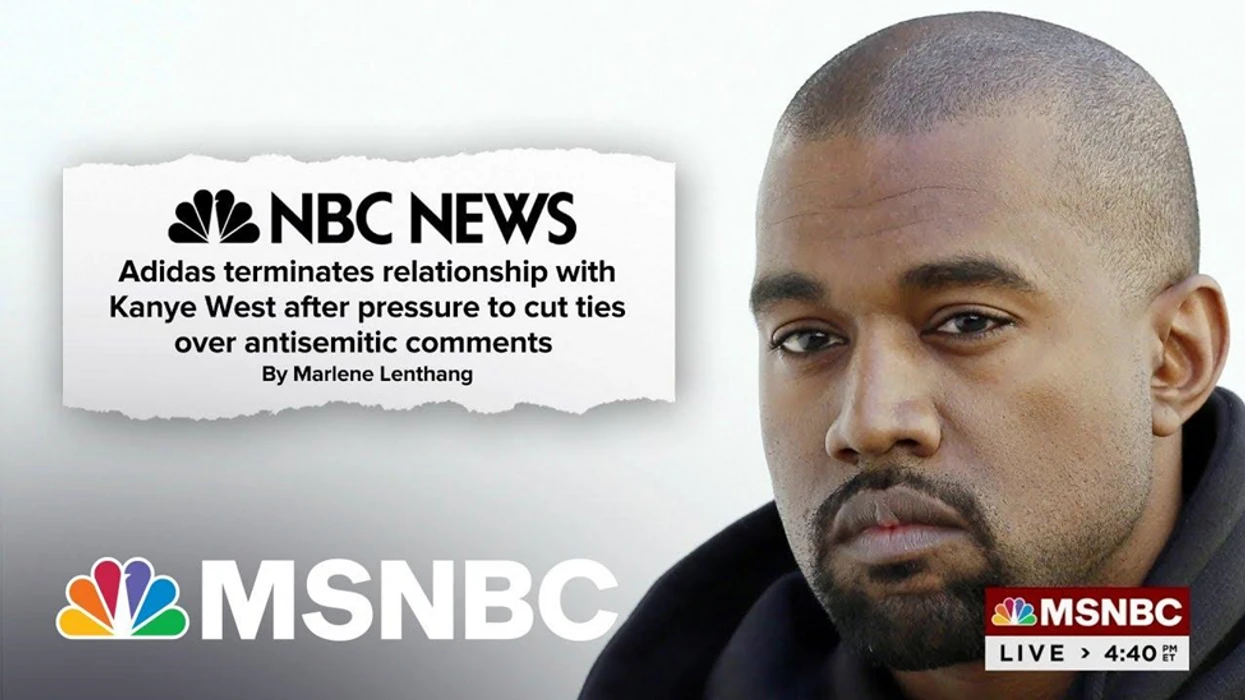
When considering partnerships, it’s important to consider the potential for unforeseen challenges and each organization’s tolerance for risk. For instance, when partnering with a celebrity, there’s a risk of them getting involved in a DUI or other PR-related issues. Similarly, if your partner has a history of brand tarnishment, executive scandals, or financial instability, these factors can pose risks to the partnership. A notable example is Adidas, which faced a significant stock price plummet due to Kanye West’s anti-Semitic remarks. Such events underscore the necessity of clearly defining exit strategies for both parties in the contract.
Establishing a mitigation plan is crucial. This involves carefully developing communication plans for both sides and determining the risk tolerance for each party. It’s important to assess the potential downsides and risks upfront. The COVID-19 pandemic presented organizations with unprecedented challenges, causing them to rethink their partnerships, especially with universities or sports teams no longer playing in front of live audiences. The impressions they once relied upon were significantly diminished. Handling these issues often required renegotiating contracts or making alternative arrangements.
Navigating these mitigating risks can be daunting for someone new to brand partnerships. In such cases, seeking guidance from experienced partners in similar, if not identical, categories can be invaluable. Engaging with organizations with extensive experience in long-term partnerships and asking them about their experience can provide valuable insights. Questions such as what has worked for them, what hasn’t, and what they would do differently, if they were to draft the contract today can shed light on potential pitfalls to watch out for.
When it comes to brand partnerships, it’s about envisioning the positives and being proactive in assessing and mitigating potential negatives. Planning for contingencies and learning from the experiences of others in the field can help navigate the complex landscape of partnerships successfully.
Crafting Joint Communication Strategies
Sometimes, the smallest details can have the most significant impact. A joint communications strategy is one such detail that often goes unnoticed until it becomes an issue.
Picture this: You’ve invested time and effort into a well-thought-out messaging strategy, only to discover that your partner isn’t on board, even when presented with compelling supporting reasons. The key lies in pre-planning what you want to communicate, how you plan to leverage the partnership, the intended use of your communication efforts, and the value it brings to both partners. There are several factors to consider and prepare for well in advance.
Emerging Trends
One intriguing trend on the horizon involves cause-based naming rights. A great example is the Climate Pledge Arena where Amazon invested approximately $300 to $400 million for the naming rights to the new Seattle hockey arena but opted not to put its name on it. Instead, they included a clause emphasizing the arena’s purpose, which resonates with a growing shift towards promoting causes over merely affixing one’s name to a building. This trend holds promise as it places a greater emphasis on contributing to meaningful causes rather than adding more obscure or inconsequential names to structures.
Another area poised for significant evolution is the landscape of name, image, and likeness (NIL) rights for college athletes. The rules of engagement are still taking shape, and all parties involved—student-athletes, universities, and brands—are defining what this space will look like. College athletes typically lack substantial name recognition and awareness beyond their local market and university affiliation. However, there exists an opportunity for universities to form partnerships with their athletes. Some have already demonstrated adeptness at building sponsorship portfolios, such as Libby Dunne, a prominent American gymnast, who ranked as the highest-valued women’s college athlete in 2022 and has since become a social media influencer. Managing these partnerships can be a challenging task for a 20-year-old student, aligning with a brand’s values and mission. Both students and brands should consider the long-term implications. A student’s time in college is relatively short; post-graduation, they may pursue various paths—turning professional, maintaining their influencer status, coaching, or venturing into business. It’s a lot to expect a 20-year-old to manage the way a brand would manage a partnership that wasn’t aligned with its values and mission. Brands must be prepared to adapt to these transitions, recognizing the enduring value of maintaining a relationship with these influential individuals as they continue to command a substantial following. The realm of NIL rights for college athletes is still in the process of unfolding, offering a dynamic and evolving landscape.
In conclusion, successful strategic brand partnerships culminate in aligning goals, managing relationships, mitigating risks, crafting effective communication, and embracing emerging trends. By understanding these crucial elements, brands can confidently navigate the intricate landscape of partnerships, unlocking endless possibilities for innovation, growth, and lasting success.
Many thanks to Christine Holland Carvalho for her insights on this topic.
For more brand marketing insights, follow Christine Holland Carvalho and Lisa Perry. For a step-by-step guide on developing a brand strategy, check out How To Develop a Brand Strategy by Lisa Perry.
Like this project
Posted Oct 3, 2023
Successful strategic brand partnerships culminate in aligning goals, managing relationships, mitigating risks, crafting effective communication, and embracing …
Likes
1
Views
5


